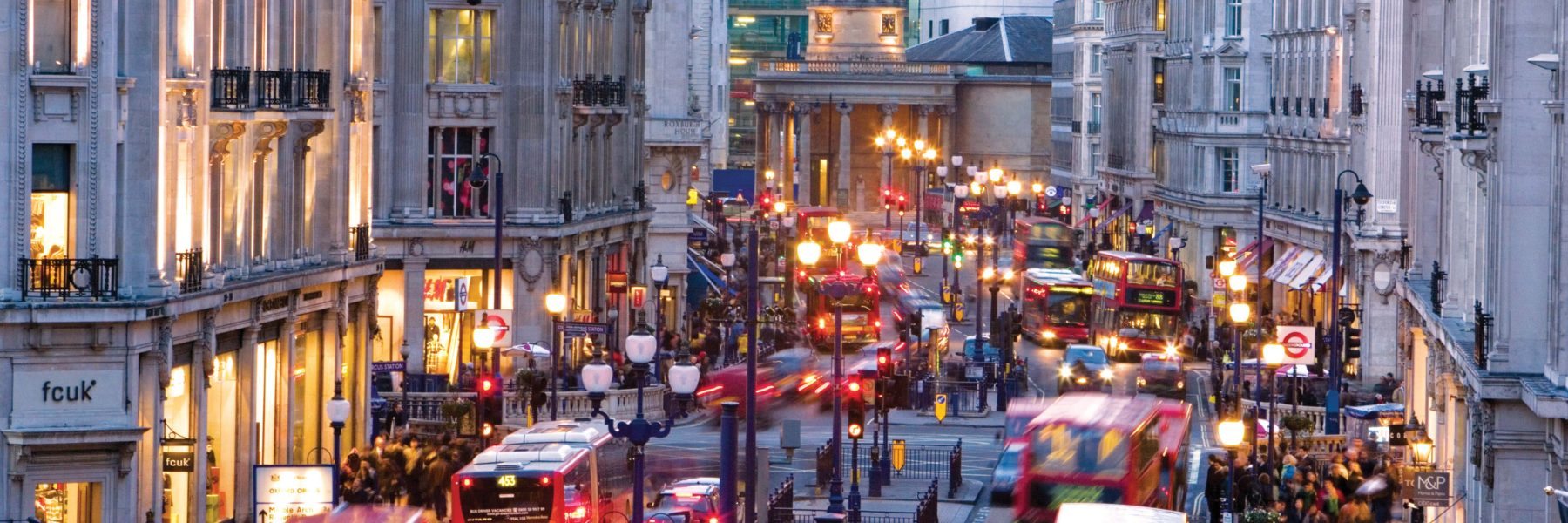Who’s responsible for London’s rip-off rents?
[dropcap]W[/dropcap]hile the implications of the most recent General Election are being dissected by political observers, interesting insights into what the next five years have store have also come from the stock market.
The eye-catching performance of several stocks reflects the City’s view of how successful and effective certain policy proposals will be. While all stocks rose markedly after the election, some of the most conspicuous rises were by London-based real estate firms such as Foxtons, Savills and Zoopla, opening a window onto the government’s housing policies. These companies all posted spectacular rises of between 15 and 25 percent, since the electorate rejected Labour’s alternative plans for rent controls and a Mansion Tax on 7 May.
Any difference over and above the average change to the market is where things get interesting, especially in areas of the economy poised to respond to a change in governance. This is true in the property market currently, particularly as the policy there is now unlikely to change.
areas of the economy poised to respond to a change in governance
There is no likelihood that the rejection of the Mansion Tax will stall, so in looking at the Foxtons’ share rise, we don’t worry about any “risk premium” being charged by the market. It seems that large numbers of speculators are now investing in a rising property market due to the election result, and if the Foxtons’ share price has risen by 25 percent, it is likely that house prices and rents in London will rise above the previous rate of 20 percent per year by around that amount too.
This rise in the share price for Estate Agencies – great news if you owned the shares – underlines what a rip-off renting in London is. The problems faced by renters has been discussed by MPs, but studies have shown that mentions of housing in parliament have dropped steadily since 2011. With one estate agent reporting £30million of deals on Friday 8 May, the UK has been described by Michael Goldfarb as attracting “hot money” from international investors looking for a safe return.
what a rip-off renting in London is
Overplaying these fears could be considered distasteful. We are fortunate to live in a country which attracts inward investment in such quantities, and where economic growth is clearly seen as steady and sustainable by outside parties. Nevertheless it is curious that the presence of precipitous property market is barely questioned any more.
Two things are indisputable though. Elections, despite what some cynics may say, matter more than ever, and the stock market offers clear truths that are not apparent elsewhere.
[divider]
Photo: flickr/findalondonoffice

Comments